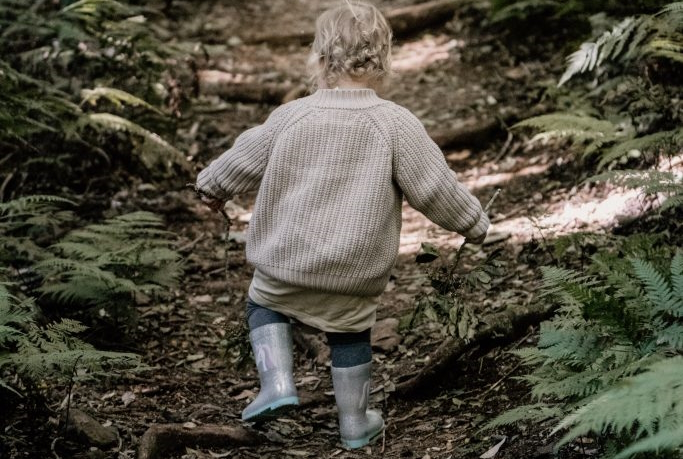Why Natural Mosquito Repellents are best for Babies
- Written by NewsServices.com

Warm weather depicts more time and chances for young ones to step outside and play hiking as they enjoy the serene environment and fresh air with their friends and families. The warmer the weather the lower the chances kids will suffer from insect bites.
Insect bites often make kids miserable because some of them can cause serious afflictions. It is important to use mosquito repellent for babies as a parent as it could cause tingling of the skin as well as aggravation.
Every parent concentrates on giving their child extra care especially from biting insects which causes irritated skin and changes in their behavior. One effective way of protecting your young one from biting insects is by the use of repellents. Natural mosquito repellants are more effective than other artificial repellents meaning that they work well. You are required to have complete know-how of the process of using insect repellents safely and correctly.
The main purpose of insect repellents is to keep insects away from an individual using them. They only repel biting insects such as mosquitoes, fleas, and ticks not the ones that sting.
How to Apply Insect Repellent on your Child?
-
Selecting products that are in form of unpressurized sprays, sticks, or lotions
-
Reading the label and following to the latter all the precautions and directions stated.
-
A guardian is only supposed to apply the insect repellents on exposed skin or outside your kid's clothing but not underneath the clothing.
-
Some repellents should only be applied once a day and are made to cover your young one’s exposed skin or kid’s clothing.
-
Insect repellents should only be used in open areas to avoid suffocation or inhaling them.
-
Older kids should be supervised while using mosquito repellents while the younger ones should be assisted.
-
Once the play day is over, as a parent takes the initiative to bathe your kid’s skin with both water and soap to get rid of any repellent, and also make sure that you clean their garments thoroughly before they can wear them again.
-
Store all the repellents out of the kid’s reach to prevent accidents from occurring thus reducing the risk of unintentional swallowing.
What Not to Do?
-
Avoiding repellent sprays packaged in pressurized containers to avoid the product accidentally getting into your eyes or inhaling it.
-
Repellents should not be applied to kids under the age of two months because of the sensitivity of their skin. Instead, parents should make use of mosquito nets over baby carriers in areas whereby it’s prevalent to insects.
-
Avoiding applying insect repellents on the kid’s hands because often are the time they put their hands in their eyes or mouth.
-
Do not use repellent candles which can lead to suffocation if their fumes are inhaled.
-
Do not spray an insect repellent directly on your child’s face.
-
Avoid spraying repellents on irritated skin, cuts, or wounds.
Conclusion
Natural insect repellents are a good choice for babies if there is no threat of getting a serious insect-borne illness. If your child suffers a reaction from an insect repellent it is advisable to discontinue using the repellent and wash your child immediately and thoroughly with water and soap and take them to the nearest pediatrician.



















